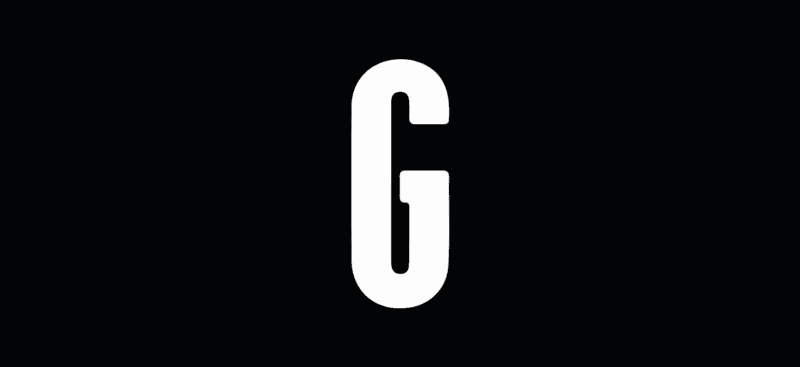Guernica magazine was founded twenty years ago with a mission to confront power with counter narrative. A literary space of dissent that, in the words of George Saunders, “respects the life of the mind with an intensity rarely seen these days,” Guernica is a global community of writers and artists forged through and around the pages of a haven for political writing.
Guernica is oriented towards the margins and drawn to the expansive imaginations that emerge from relentless exclusion. We are not driven by the news cycle, but instead constantly seek to excavate the narratives upholding structures of violence.
In March, our editor-in-chief, Jina Moore, published Israeli author Joanna Chen’s personal essay, “From the Edges of a Broken World.” In Jina’s own words, “I saw the essay in the tradition of the difficult work that Guernica is known for—capturing with complexity and nuance how violence is normalized, and how a violent state extracts complicity from its citizens. And I saw a personal essay by a woman writer about caregiving as a political act as aligned with a long tradition of feminist writing in Guernica’s pages.”
When Jina called my attention to this piece, I disagreed that it was a fit for the magazine. True democratic debate is not without its challenges. Over time, a literary magazine develops the loose contours of a distinctive political voice. Given Guernica’s long history of publishing the sharply crafted prose that pull from intimate terrains of impact, this piece felt jarring in both its timing and its approach. Rather than mine the personal to expose the political, individual angst was elevated above the collective suffering laid bare in the extensive body of work Guernica has published from the region.
Its publication angered some readers, who experienced its presence in the magazine as a betrayal. At the invitation of the author, and in consultation with Jina, I retracted the piece. This decision also angered some readers.
This experience has been elucidatory for those of us closest to the magazine, and we understand that it may have fractured the trust so many in our circle had in this literary space. Over the last few weeks, we’ve had intensive discussions about Guernica’s mission as both a publication and community, and about our current editorial processes. Ultimately, Jina decided to step down from her role as editor-in-chief and co-publisher. Moving forward, we will ensure that our decision-making processes are more transparent, our editorial engagement is more collaborative; and our accountability practices are clearer.
Guiding the magazine into this next chapter will be writer and social entrepreneur Magogodi aoMphela Makhene, who has joined Guernica in the role of publisher. We’re excited and energized to support Magogodi’s vision of the magazine’s future. You can read her statement here.
Michael Archer, Founder
